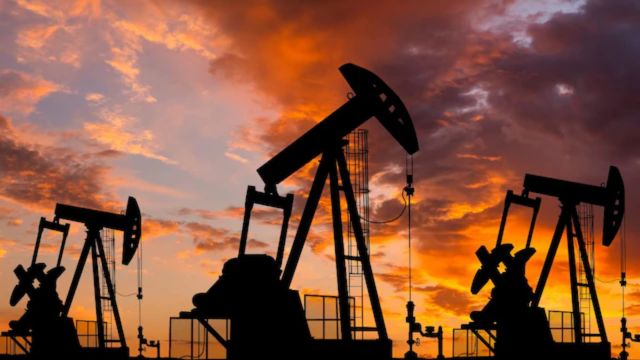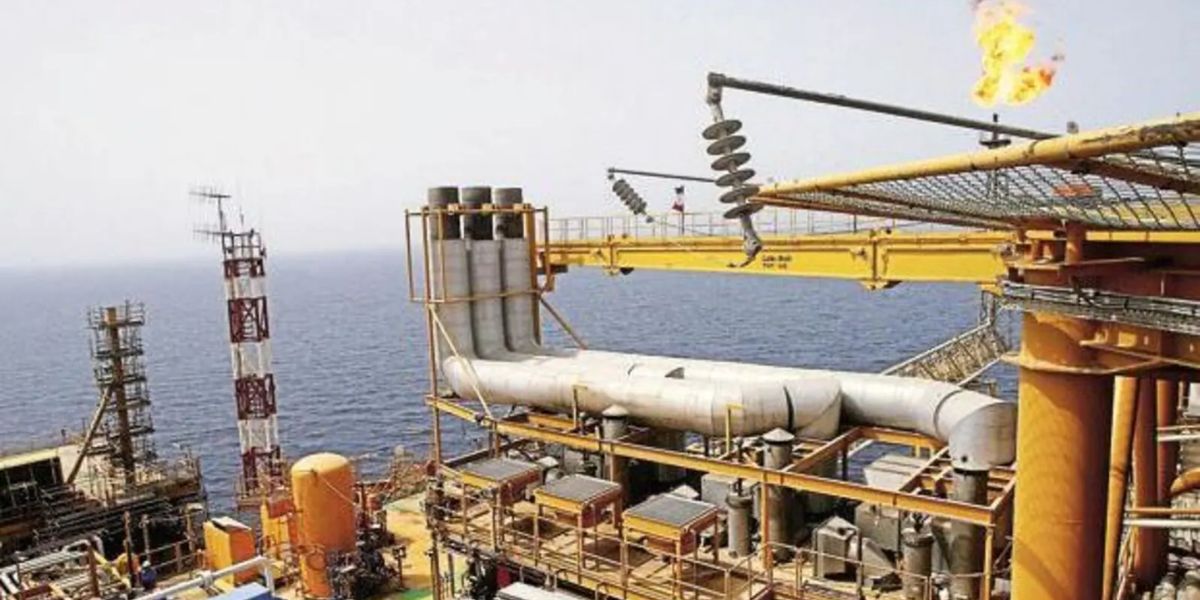MJP –
The fourth-largest oil and gas reserves in the world have been found in Pakistani territorial seas, according to many media outlets.
Recent studies indicate that Pakistan’s economic landscape could be significantly impacted by the discovery of a large reserve of petroleum and natural gas in the country’s territorial waters.
A senior security official recently announced that these considerable reserves had been confirmed by a three-year survey carried out in conjunction with an allied nation.
The government has been informed about the resources found in Pakistani waters by the appropriate authorities, and the geographical survey has identified the deposits’ locations.
The person characterized this endeavor as a move toward tapping into the “blue water economy,” and he or she said that bids and exploration plans are presently being considered, so work might start soon.

Although it will take a while to harvest the resources, the “blue water economy” has the potential for more than just oil and gas; it has the potential to bring forth a wide range of precious minerals and elements from the sea.
How to Detect a Sluggish Economy: 5 Signs Present in Your Community
Some estimates suggest that this discovery could represent the fourth-largest oil and gas reserves globally, therefore fast action could greatly improve the country’s economic prospects, according to the official.
Presently, the oil reserves ranking is as follows: Venezuela with around 3.4 billion barrels, the United States with the largest undeveloped shale oil reserves, Saudi Arabia, Iran, Canada, and Iraq completing the top five.
Even though there’s reason to be optimistic, ex-Ogra member Muhammad Arif warned that there’s no assurance the reserves will live up to expectations.
He made it clear that the quantity and rate of recovery of the reserves will determine the possible effect on the nation’s energy need.
If it’s oil, it could replace imported oil; if it’s gas, it could replace LNG imports,” he stated.
Still, he cautioned against “wishful thinking” in assuming success before comprehensive analyses and drilling begin.
A huge investment of approximately $5 billion is anticipated for exploration alone, and the extraction of reserves from offshore regions could take four to five years.
Additional funding will be required to drill wells and set up the infrastructure for extraction and fuel production in the event that exploration yields favorable results.




